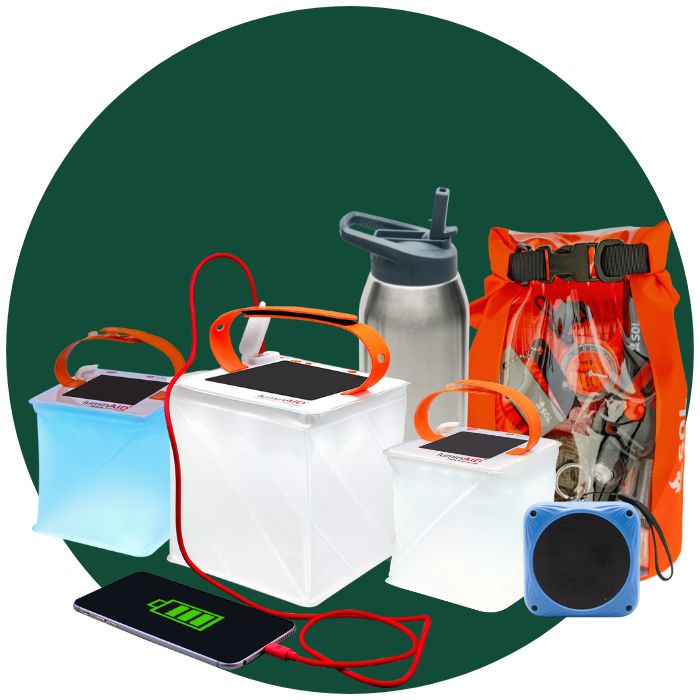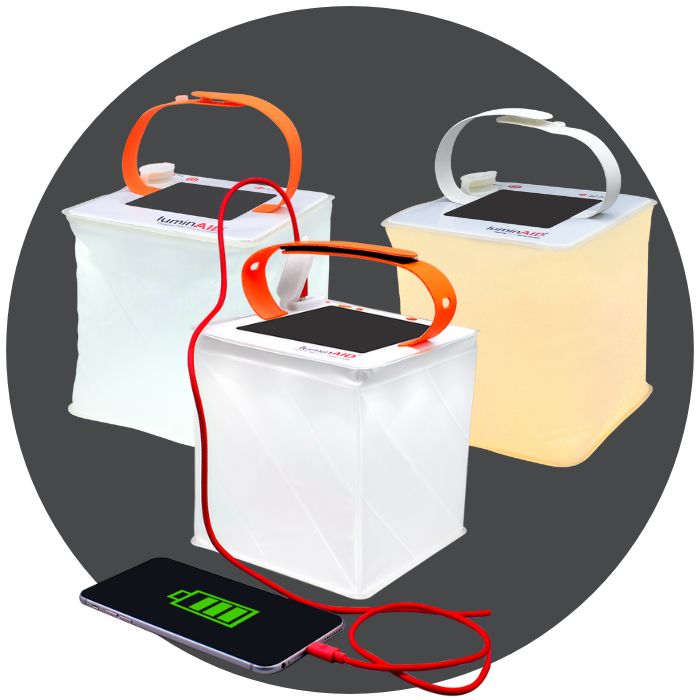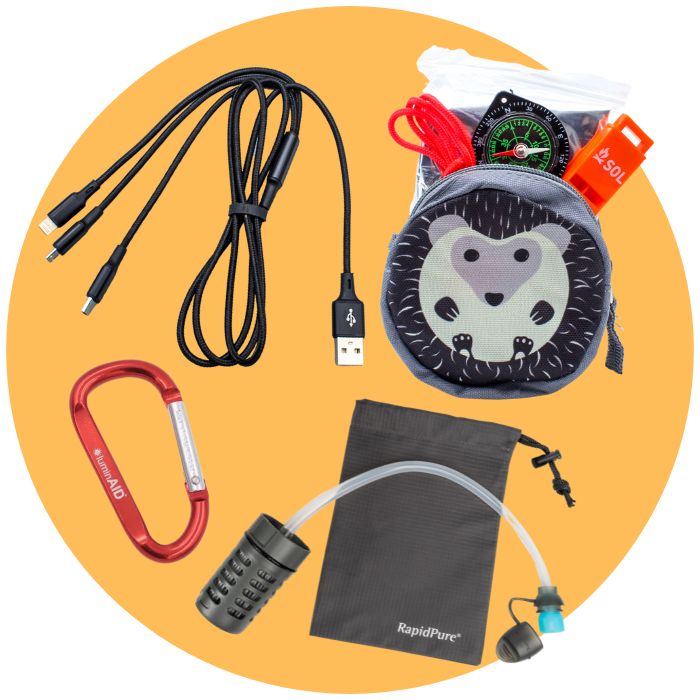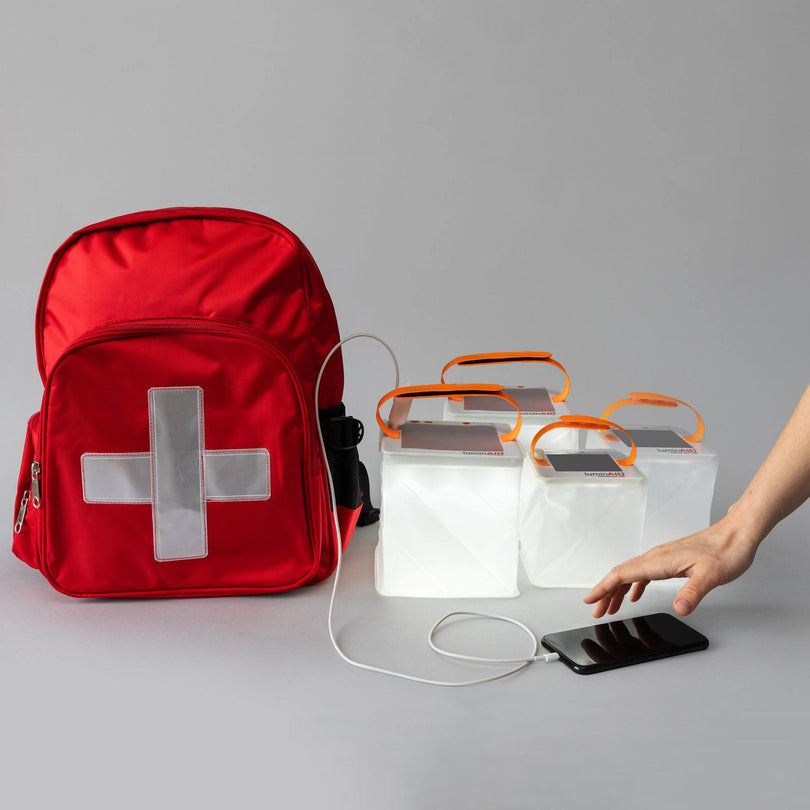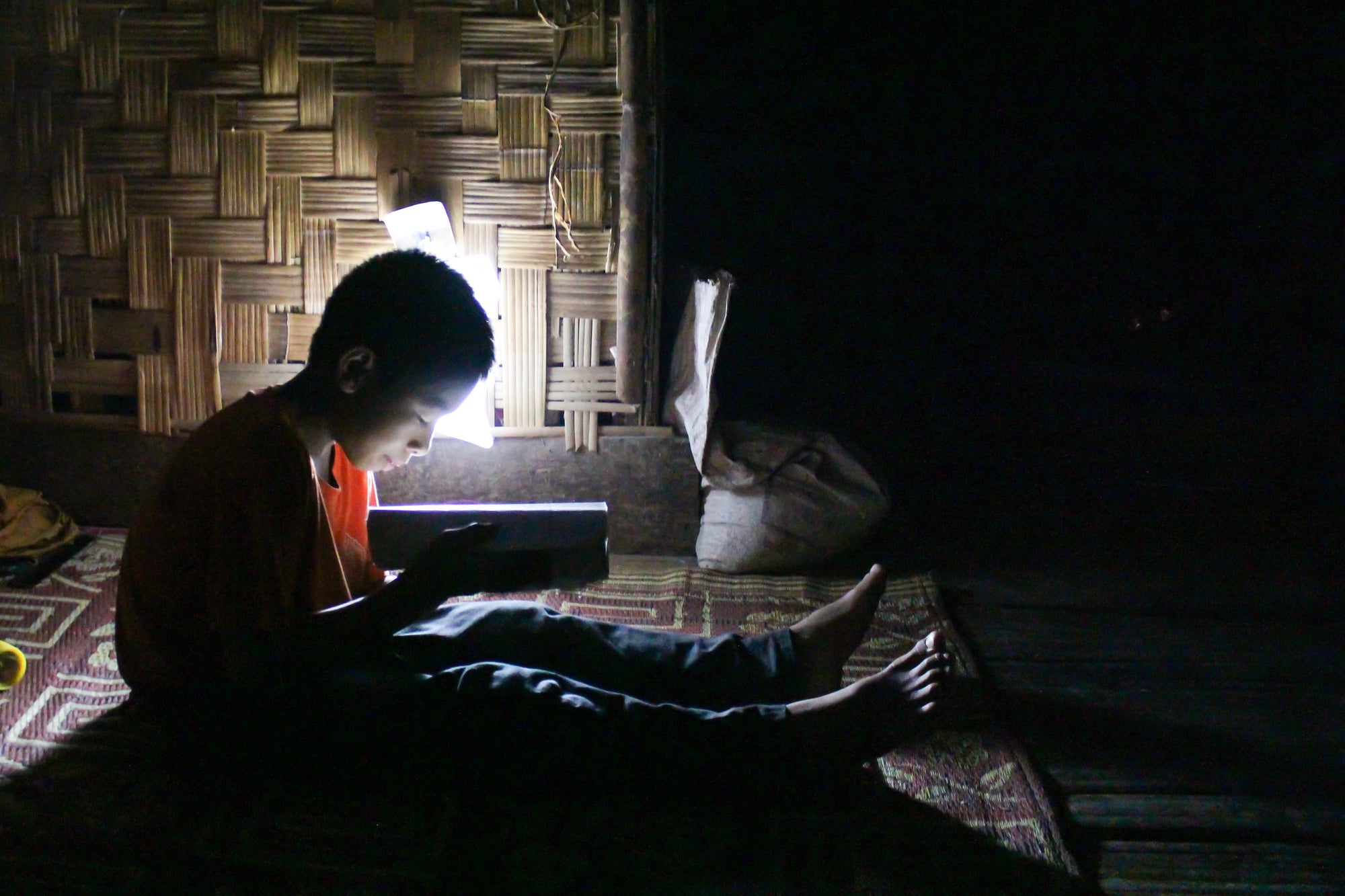The cost of a home without electric lights is high. Energy-poor families are estimated to spend 40 billion USD annually on fuel for inefficient candles and kerosene lanterns. To get the same light as electrified homes, families without electricity may spend up to 100-times more money. With solar lanterns, households are able to save crucial resources and focus on health and education for their families.
Simply lighting one’s household levies a huge cost on families already struggling. In South Africa, low income households tend to spend up to a quarter of their monthly income on household energy alone. Spending excessive money on fuel-based lighting (which also has significant health risks) defers precious resources from family health and education.
The strongest alternative is solar lighting, which has no recurring fuel costs, limited upkeep, and depends on highly accessible energy. Once families have the lights in hand, they no longer have to buy fuel or spend time collecting it. LuminAID solar lights are designed with an integrated battery that allows for continual charging and easy storage of solar energy. High efficiency solar panels allow users to maximize charging even on overcast days.
Something as simple as replacing kerosene lanterns with solar lights can have a bigger effect on family livelihoods than expected, as the money saved can be redirected to medical care, children’s education, or investment in tools for small craft and trade activities.
In this way, solar lights can have a compounding positive effect on the economic resources of a family, and can help alleviate the related burdens of energy poverty in developing countries.

